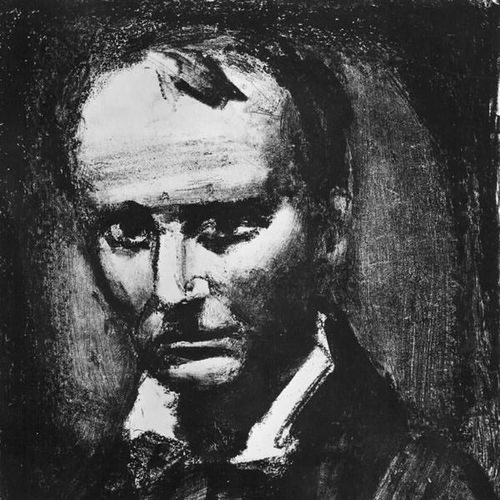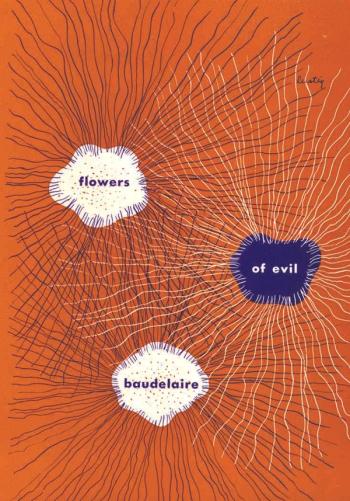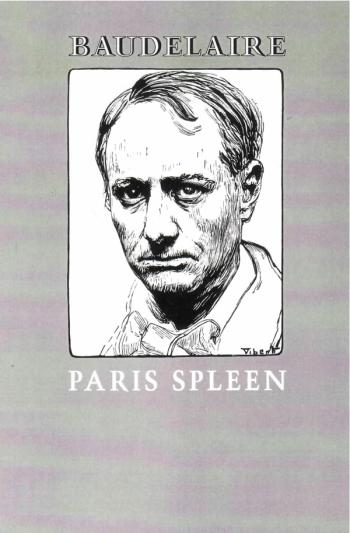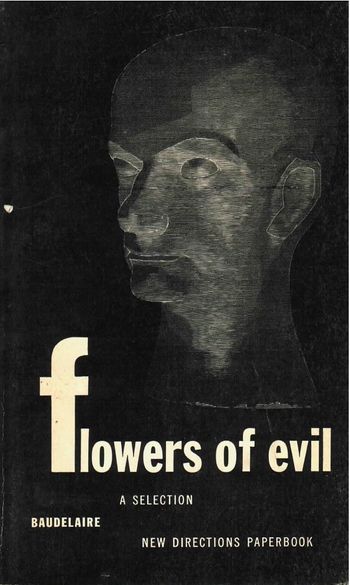Charles Baudelaire
Charles Baudelaire (1821–1867) was born in Paris, France. Controversial during his lifetime (of his hometown he wrote: “Paris, a center radiating universal stupidity”) Baudelaire was a dandy who dug himself deeply into debt by spending recklessly on clothing, opium, and prostitutes (prostitutes from whom he likely contracted his crippling syphilis). He considered Edgar Allen Poe his “soul’s twin” and produced highly-acclaimed translations of the macabre American storyteller. His tortured relations with his mother and stepfather are considered by certain biographers to be the foundation of his erratic character (Baudelaire referred to his stepfather as “The General”). And most importantly for our—the indebted readers’—purposes, this archetypal Parisenne-poet managed to put together a body of work—both prose poetry and more traditional verse—that successfully captured (in his words) “the lyrical stirrings of the soul.”
The importance of his work in the Western world is difficult to overstate—Walter Benjamin, T.S. Eliot, Rimbaud, Mallarmé, the Symbolists, and effectively all things modern and afterward emerged at least in part from the work of this probably eccentric, certainly masterful poet, the man who told us all, with a kind of wisdom particular to him: “You have to be always drunk. That’s all there is to it—it’s the only way. So as not to feel the horrible burden of time that breaks your back and bends you to the earth, you have to be continually drunk.”
Perhaps his best known work is _Les _Fleurs du mal, translated as _The _Flowers of Evil.



